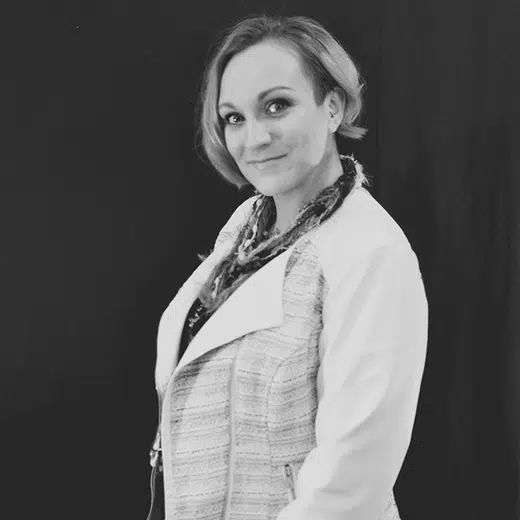By Julien Pretot
PYLOS, Greece (Reuters) – Juan Antonio Samaranch Jr is one of the front runners to become the next president of the International Olympic Committee but the Spaniard knows the unpredictability of the election by elimination that will take place on Thursday.
An IOC vice-president, Samaranch is, with Zimbabwe’s sports minister and IOC executive board member Kirsty Coventry and World Athletics President Sebastian Coe of Britain, one of the top three favourites among the seven candidates running for the most powerful job in world sport.
International cycling chief David Lappartient of France is seen as a dark horse ahead of International Gymnastics Federation head Morinari Watanabe and Olympic newcomer and multimillionaire Johan Eliasch, who heads the International Ski and Snowboard Federation.
Outgoing president Thomas Bach is stepping down after 12 years in charge, and his potential successor will need a majority of the 100-odd IOC votes to claim victory.
“I’m confident because I’m pretty proud of the work done and how we have been able to communicate. But confident on the result is very difficult to be,” Samaranch told reporters on Wednesday.
“It’s a really complicated system, more than complicated. It’s a very good system. All the IOC members have one thing which is extraordinarily precious, which is a vote and its confidentiality. That gives each one of us the full independence to decide whatever we think is better.”
One candidate is eliminated after each round until one of them wins an absolute majority and Lappartient predicted there would be “several rounds”.
“It’s only possible to know when the real votes are cast. So we will see,” Samaranch added.
With deals behind closed doors potentially being made until the last moment, Samaranch said he would be “working until the very last second until 3:59:59 tomorrow afternoon”.
Samaranch, whose father was IOC president from 1980-2001, was focused on the task at hand rather than attempting to decipher mixed signals.
“Secret ballot, it’s so easy. It’s so easy to get confused, and it’s so easy to misread the signals. So I don’t know. I really don’t know,” he said.
“Within the IOC membership, everybody has the right to keep their vote confidential. And it’s very easy in this world, so close, to confuse a smile for a vote, a friendship for a vote, a nice word for a vote. So we all just have to be very careful in making that translation.”
The new president is elected on an eight-year term with the possibility of re-election to a second four-year term for a maximum of 12 years in total.
(Reporting by Julien Pretot; Editing by Ken Ferris)









Comments